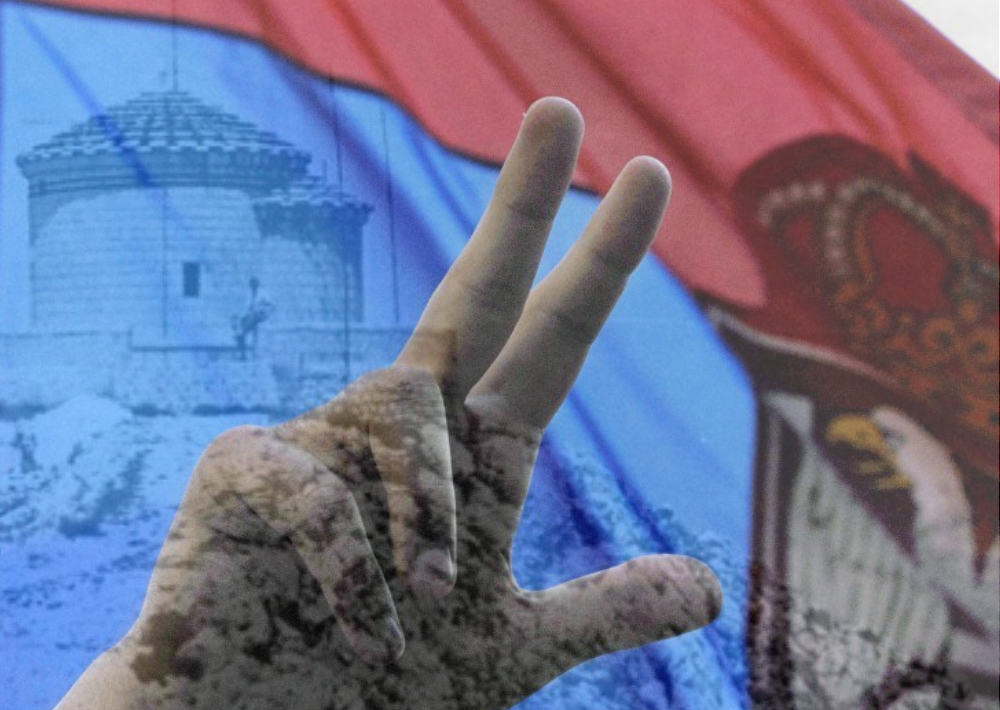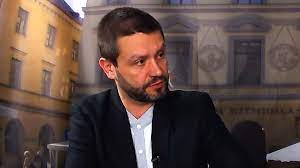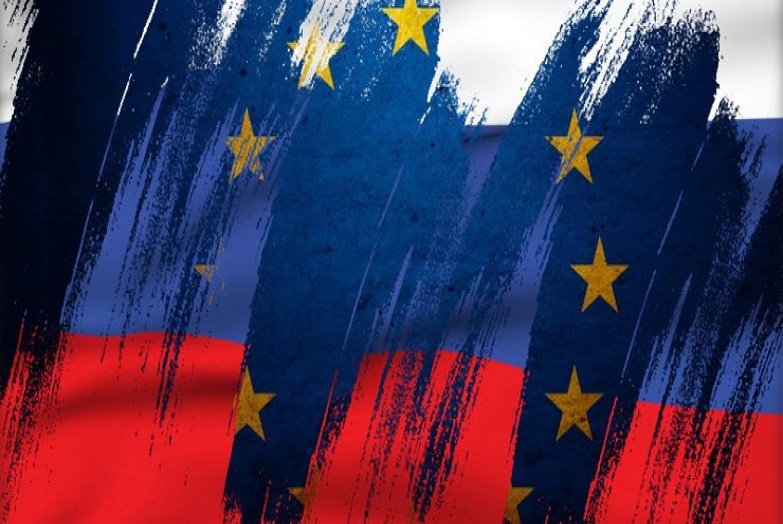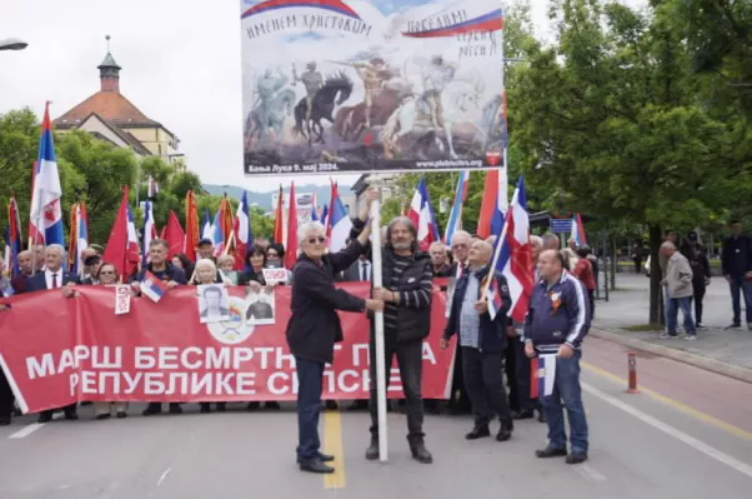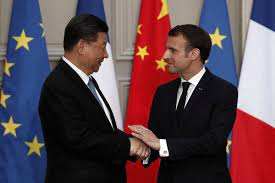ИН4С позива на организовани отпор намјери да се Срби прогласе геноцидним народом!
Напомена: Центар за геостратешке студије даје пуну подршку иницијативи ИН4С
ИН4С упућује јавни позив на хитно јединствено и снажно дјеловање свих српских јавних субјеката – од медија, преко невладиних удружења – до политичких партија и коалиција како би се осујетила намјера дијела извршне власти у Црној Гори да под уцјенама центара моћи у Уједињеним нацијама подржи предлог Резолуције “Међународни дан рефлексије и комеморације геноцида у Сребреници 1995”.

